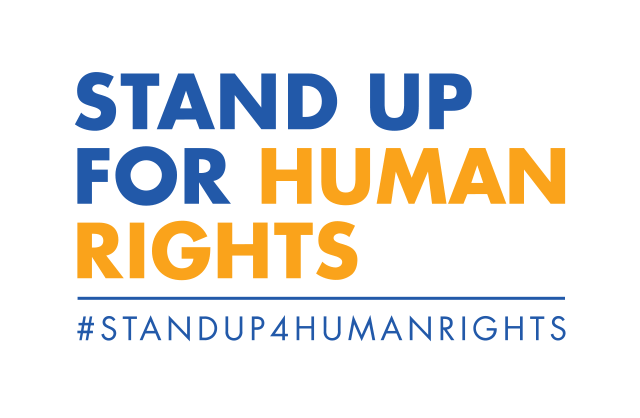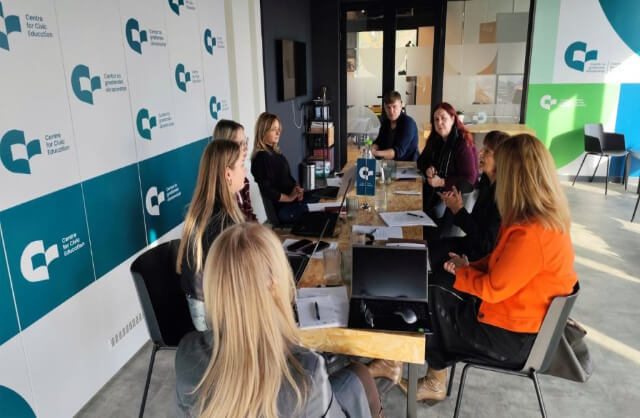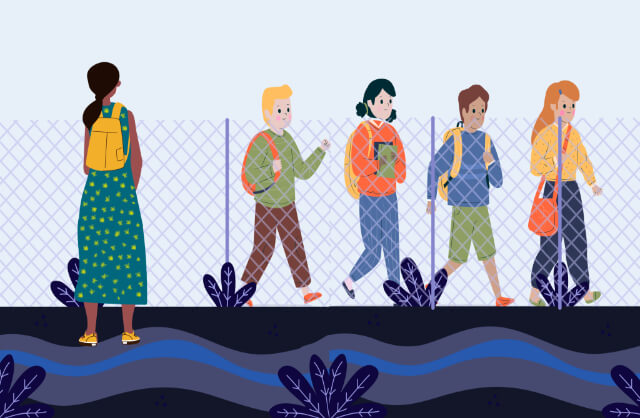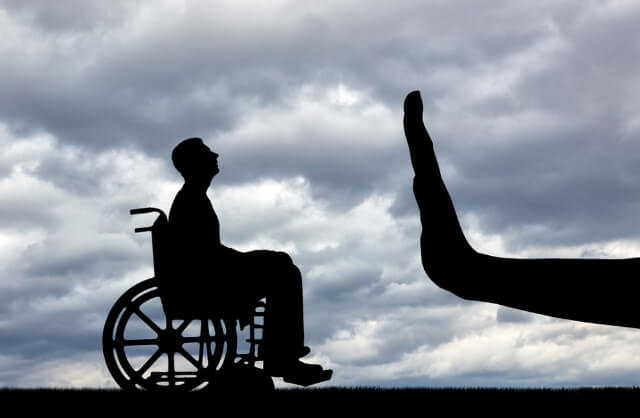“Every worker is essential and must be protected from COVID-19, no matter what” – UN rights experts
June 22, 2020

GENEVA (18 May 2020) – As countries begin to ease recent restrictions due to the coronavirus pandemic, a group of UN human rights experts* call on Governments and businesses to ensure all workers are protected from exposure to COVID-19.
“No worker is expendable. Every worker is essential, no matter what category is applied to them by States or businesses. Every worker has the right to be protected from exposure to hazards in the workplace, including the coronavirus.
We are concerned at the number of frontline workers who have not been given adequate protection during peak periods of contagion in various countries and economic sectors. And as Governments continue to reduce restrictions and workers begin to return to work, we urge all States and businesses to ensure preventative and precautionary measures are in place to protect every worker.
We are also deeply concerned about the disproportionate risk presented to workers that are low-income, minorities, migrants, older persons and those with pre-existing health conditions, women, as well as the informal sector and those in the ‘gig’ economy.
We urge States and businesses to work with labour unions and other worker representatives to help ensure necessary safeguards are in place.
Following our call at the International Labour Conference in 2019, we welcome ongoing discussions on including the right to safe and healthy work as a fundamental right and principle of the International Labour Organisation. However, it is long overdue that the ILO recognises safe and healthy work and we urge the Organisation’s governing body to acknowledge this right without further delay, along with other internationally recognised human rights.
Forcing vulnerable workers with little choice but to endure conditions that put them at risk, including by dismantling previously established labour rights, can constitute a form of forced labour, according to the ILO.
We express our respect and admiration to workers on the frontline of this pandemic, providing healthcare, food, water, sanitation, and other necessary goods and services, and our condolences to the families of those who have lost loved ones in such service.
Our message today is simple, but crucial: every worker must be protected, no matter what.”
NOTE TO EDITORS:
A Human Rights Council’s resolution of September 2019 calls on States and businesses to better protect workers from hazardous substances and encourages the implementation of a set of principles in this regard.
During the ILO centenary in 2019, the UN human rights experts urged the ILO to recognise safe and healthy work as one its fundamental rights and principles, along with other internationally accepted human rights.
ENDS
*The experts: Mr. Baskut Tuncak, Special Rapporteur on the implications for human rights of the environmentally sound management and disposal of hazardous substances and wastes, Mr. Dainius Pūras, Special Rapporteur on the right of everyone to the enjoyment of the highest attainable standard of physical and mental health Mr. Michael Fakhri, Special Rapporteur on the right to food, Mr. Olivier De Schutter, Special Rapporteur on extreme poverty and human rights,Mr. Tomoya Obokata, Special Rapporteur on contemporary forms of slavery, including its causes and its consequences, Mr. Léo Heller, Special Rapporteuron human rights to water and sanitation, Ms. Dubravka Šimonovic, Special Rapporteur on violence against women, its causes and consequences, , Meskerem Geset Techane(Chair),Elizabeth Broderick(Vice Chair), Alda Facio,Ivana Radačić,andMelissa Upreti,Working Group on discrimination against women and girls. Surya Deva, Elżbieta Karska, Githu Muigai (Chair), Dante Pesce, Anita Ramasastry (Vice-chair), Working Group on the issue of human rights and transnational corporations and other business enterprises.
The Special Rapporteurs, Independent Experts and Working Groups are part of what is known as the Special Proceduresof the Human Rights Council. Special Procedures, the largest body of independent experts in the UN Human Rights system, is the general name of the Council’s independent fact-finding and monitoring mechanisms that address either specific country situations or thematic issues in all parts of the world. Special Procedures experts work on a voluntary basis; they are not UN staff and do not receive a salary for their work. They are independent from any government or organization and serve in their individual capacity.
For more information andmedia requests, please contact Mr. Alvin Gachie (+41 22 917 9971 / agachie@ohchr.org) or write to srtoxicwaste@ohchr.org
For media inquiries related to other UN independent experts, please contact Xabier Celaya (+ 41 22 917 9445 /xcelaya@ohchr.org)
Follow news related to the UN’s independent human rights experts on Twitter: @UN_SPExperts.


